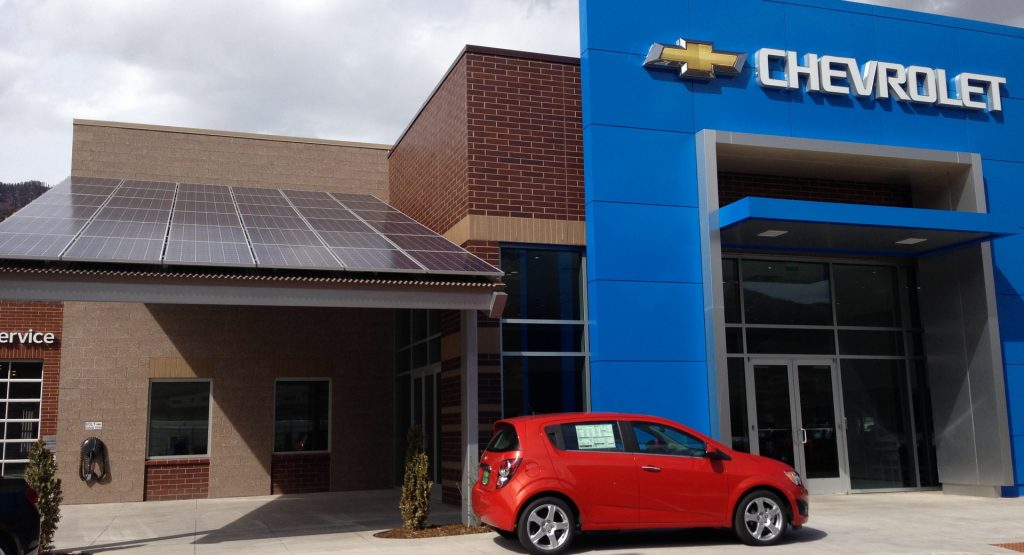Remote services are all the rage these days following the first pandemic wave in early 2020 that forced many business, including dealerships, to close their doors to the public. We’ve come a long way since then, but many car dealers are still bucking the trend of offering remote delivery.
Not everyone is sold on the practice though, including Alderman’s Chevrolet-Buick-GMC in Rutland, Vermont, which had experimented with delivering their vehicles all over New England free of charge for seven years, from 2011 through 2018 before ending the service for good. Even during the pandemic lockdown, the dealership decided to go against the prevailing wisdom and continue serving customers locally exclusively with in-story delivery.
What happened?
The decision to end remote services, the practice of delivering vehicles to buyers from hither and yon for free, was not reached easily. Intended as a way to improve customer service, the offer was taken up by many buyers, but the dealership found itself dedicating employees to making deliveries and retaining fewer and fewer customers.
“What we were doing was really spreading ourselves thin, not executing as well and raising expenses,” Mark Alderman, general manager, told Automotive News.
Read Also: Chevy Technician Caught Red-Handed Driving Customer’s C8 Corvette At Over 100 MPH
It’s all comes down to returning customers
The dealership found that up to 30 percent of the 1,100 new and used vehicles it sold annually were delivered across state lines, to people for whom it would not make sense to return for service. It also found that finance and insurance revenue was hurting as a result of the free deliveries.
“We were doing it because we wanted to sell more cars,” Alderman said. “When we looked back on it, there were a lot of benefits to the dealership and the customer experience that get lost when you ship a car.”
By 2014, the dealership reached its lowest customer retention rate of 42 percent. In 2018, Alderman decided to stop offering the service and instead mandated that each new vehicle be delivered in the dealership’s service lane, where customers could take a picture with their new car and a sign proclaiming where they got the car. The photos would then be posted to Facebook and the customers tagged.
Even through the pandemic, when low inventory meant that people from all over New England were shopping for cars anywhere they could find them, Alderman says he doesn’t regret focusing on local. Salespeople do have to make their sales online, but they’ve taken to posting videos that demonstrate vehicle features and hosting Zoom chats with customers to talk them through the purchasing process.
All of which is leading to some of the highest loyalty levels the dealership has ever seen. In 2020, 62 percent of customers were returning customers and so far in 2021, 69 percent have purchased a vehicle with Alderman before.
Dealerships “are afraid of the customer walking away,” Alderman told Autonews. “We just made a deep commitment to not try to be everything to everybody, of trying to be just really excellent in our space.”




